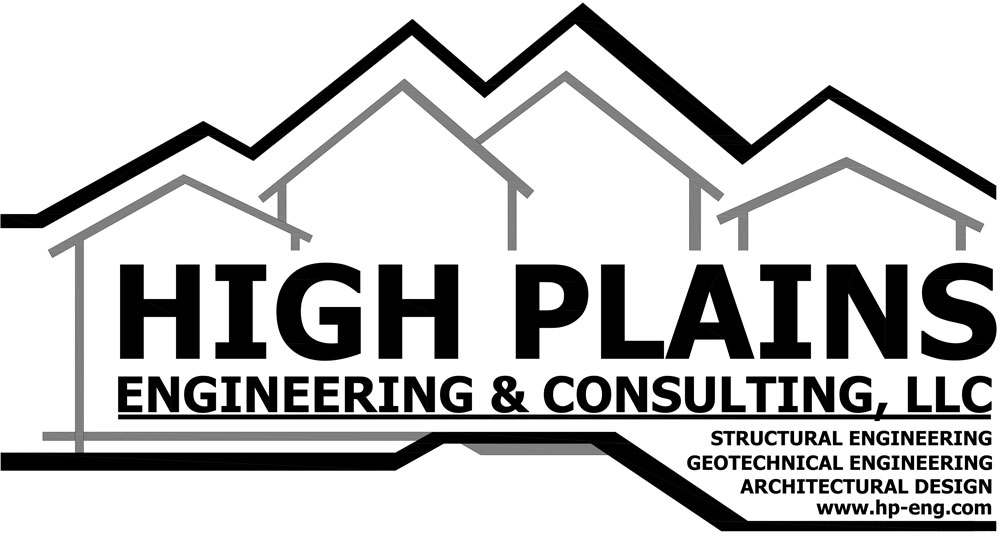What Is Soil Compaction Testing?
Soil compaction testing is critical in any construction process. Soil that hasn’t been adequately compacted can be detrimental to the structural integrity of buildings, roads, pavements, and other retaining structures. Consequently, proper soil integrity can either make or break your structure. Due to the role that soil plays in structure reliability, soil compaction is necessary in most cases. That’s why the transportation department in America and building codes require soil compaction procedures. So, what is soil compaction test, and how does it help your construction or engineering work? This post covers everything you need to know.
What Is a Soil Compaction Test?
Soil compaction happens when soil particles are pressed together to reduce pore space between them. Heavily compacted soils have fewer large pores, greater density, and less total pore volume. It is a crucial step conducted when constructing high-load structures like paved roadways, dams, and construction projects that depend on the stability of embankments.
Why Is Soil Compaction Testing Important?
If you fail to conduct a soil compaction test, you risk cracking, shifting, and even collapsing the building you’re constructing. Roadways can result in disaster through sagging, cracking, and potholes. Aside from compaction test knowledge, companies need to have seasoned and knowledgeable staff with well-equipped facilities to conduct proper soil compaction tests. The soil compaction tester method you choose can affect the accuracy and quality of the soil.
How Soil Compaction Test is Done
Here are four examples of how soil compaction tests are done.
1. Standard Proctor Test
The standard proctor soil compaction test can be performed in a lab. The testing determines the maximum density achievable for soil. This test is also effective at testing the effects of moisture on the soil’s density. The modified proctor compaction test will use higher values for soils with high density.
2. Nuclear Test
It is a relatively accurate and quick way to measure the field’s compacted soil density and moisture. The test uses a radioactive isotope source from a probe placed in soil or the soil’s surface. When activated, the isotope sources produce gamma rays that radiate back towards the detectors at the bottom of the unit. The denser the soil, the more radiation. That means the number of gamma rays picked up by detectors determines the soil density. While this method is accurate, easy, and fast, it has negative consequences, especially for crops due to the introduction of radiation. It’s also expensive.
3. Sand Cone Test
The sand cone test is an affordable soil compaction method that can be pretty accurate if performed properly. The most basic and critical factor is that the sand should be consistently dry throughout the testing. Any moisture introduction will heavily impact the results.
4. Balloon Densometer
This test is similar to the Sand Cone Test. The only difference is the volume of the sample hole, which is measured by forcing a liquid-filled balloon into the test hole. It is slightly more expensive than the sand cone test and has higher chances of errors.
Need the Right Professionals to Perform Soil Compaction Testing?
High Plains Engineering & Consulting, LLC has been offering civil engineering services for commercial, industrial, residential, and agricultural properties since 2006. We work with you from inception to completion, ensuring that your project is fit to pass inspection, building requirements, and the test of time and elements. Contact us today to learn how our service can help improve your project.
Categorised in: Geotechnical Engineering

 HPEC is an active member of CAGE
HPEC is an active member of CAGE